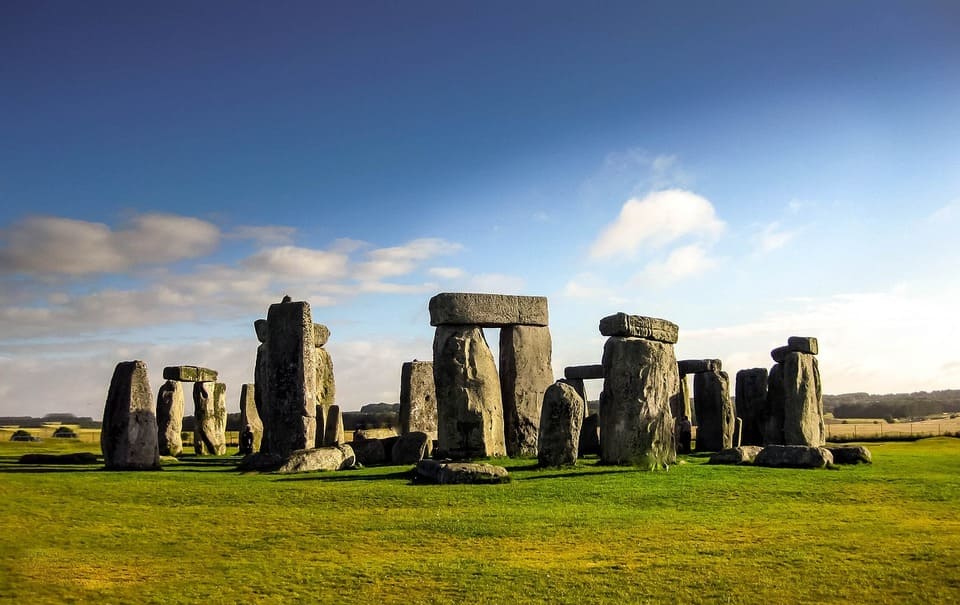
The Oldest Languages of the World
Across the world, thousands of languages are spoken today, each carrying its own unique legacy and charm. But among these, there are languages whose roots reach deep into the depths of history, connecting modern-day speakers with their ancient ancestors. These ancient tongues hold the keys to civilizations long gone and offer unparalleled insights into the early human social fabric and cognitive development. This blog explores some of the oldest languages that are still spoken today, tracing their origins, historical significance, and the ways they have evolved over millennia.
The Oldest Living Languages in The World
In our modern world, where languages evolve and fade away, it is awe-inspiring to witness the survival of ancient tongues that have persevered through the ages. Let us embark on a captivating journey to discover the list of oldest languages in the world that still resonate in the present.
- Tamil: Originating around 2500 years ago, Tamil belongs to the Dravidian language family. It is the official language of the Indian state of Tamil Nadu and the Union Territory of Puducherry. It is also an official language in Sri Lanka and Singapore. Tamil boasts a rich literary tradition, with continuous historical records evident in inscriptions and literature from as early as the 3rd century BCE.
- Hebrew: Ancient Hebrew was in use by the 10th century BCE, evidenced by the Gezer Calendar, and evolved through various forms. The language declined as a daily spoken language around 200 CE but was revived in the late 19th century as Modern Hebrew. Today, it is the official language of Israel and is spoken by millions of people.
- Chinese: Chinese is unique due to its continuous use of a similar writing system for over 3,000 years. The earliest written records of Chinese (Old Chinese) date back to the Shang dynasty in c. 1250 BCE. Modern Chinese varieties, such as Mandarin and Cantonese, are direct descendants of Old Chinese.
- Greek: Greek has been spoken since the 14th century BCE. Ancient Greek literature, which is still studied widely, gives insight into the life and knowledge of ancient Greeks and has influenced many modern languages. Modern Greek is spoken by about 13 million people, primarily in Greece and Cyprus.
- Farsi (Persian): With roots in Old Persian, first evidenced in the inscriptions commissioned by the Achaemenid emperors around the 6th century BCE, Modern Persian or Farsi has evolved considerably but still retains much of its lexical and grammatical structure. It is the official language of Iran, Afghanistan (as Dari), and Tajikistan (as Tajik).
- Basque: A language isolate with no known linguistic relatives, Basque is primarily spoken in the Basque Country, spanning regions in northern Spain and southwestern France. It is estimated to have between 750,000 to 1 million speakers. The exact origins of the Basque language (Euskara) are not well-documented, which makes pinpointing its age challenging.
- Armenian: Armenian is an Indo-European language, forming its own unique branch. It emerged with the creation of the Armenian alphabet by Saint Mesrop Mashtots around 405 CE. This language is primarily spoken in Armenia and by the Armenian diaspora worldwide.
- Irish: Irish is a Goidelic language of the Celtic language family, native to the island of Ireland. It is one of the oldest written languages of Europe, with the earliest form, Old Irish, being documented as far back as the 4th century AD. Today, Irish is recognized as the first official language of the Republic of Ireland and is also an officially recognized minority language in Northern Ireland. Despite its historical decline due to English dominance, the Irish experienced a revival in the 20th century, and efforts continue to promote its use in educational and public spheres.
- Aramaic: Once a major language of the Near East, Aramaic is a Semitic language that originated around the 11th century BCE. It was widely spoken in the ancient kingdoms of Assyria and Babylon, which are now parts of modern-day Iraq, Syria, Turkey, and Iran. Aramaic became the lingua franca of the Persian Empire and was spread widely across the Middle East and beyond. It is notably known as the language spoken by Jesus. Today, it survives in various dialects spoken by small communities, primarily among Assyrian Christians, and is used in many liturgical contexts.
- Arabic: Arabic is a Central Semitic language first attested in the 1st century CE, with earlier proto-Arabic elements visible in inscriptions dating back to the 8th century BCE. It became prominent with the spread of Islam in the 7th century CE, as it is the language of the Quran. Modern Standard Arabic derives from Classical Arabic and is the liturgical language for 1.8 billion Muslims. It is also the official or co-official language in over 20 countries and has many dialects varying significantly across the Arab world.
The Oldest Documented Language
Determining the oldest documented language is not straightforward due to the complex nature of language evolution and historical records. However, among the earliest with clear written evidence are Sumerian, Akkadian, and Egyptian. Sumerian, from ancient Mesopotamia, has texts dating back to the 31st century BCE, making it one of the first recorded languages. Following closely are Akkadian and Ancient Egyptian, which also originated around the same time and have rich textual legacies. None of these languages are spoken today; they exist only through their ancient inscriptions and texts, which continue to be crucial for historical and linguistic studies.
As we consider the oldest languages still spoken today, we recognize their significant role in linking us to our historical roots and preserving cultural heritage. These languages serve as vital records of the past, reflecting the continuity of human communication and the enduring nature of linguistic traditions. It is important to appreciate and respect these ancient languages, acknowledging their contribution to our collective cultural history and the resilience they demonstrate by remaining in use today.







